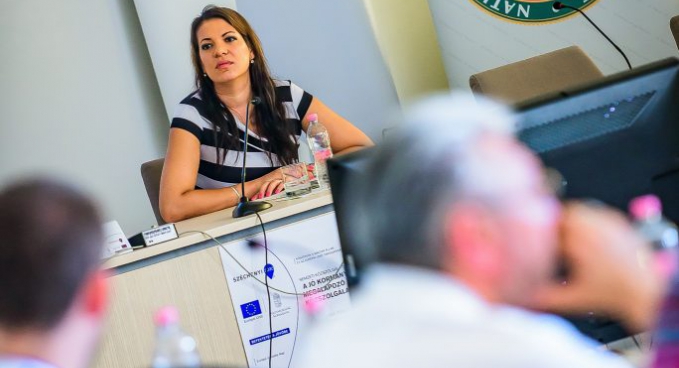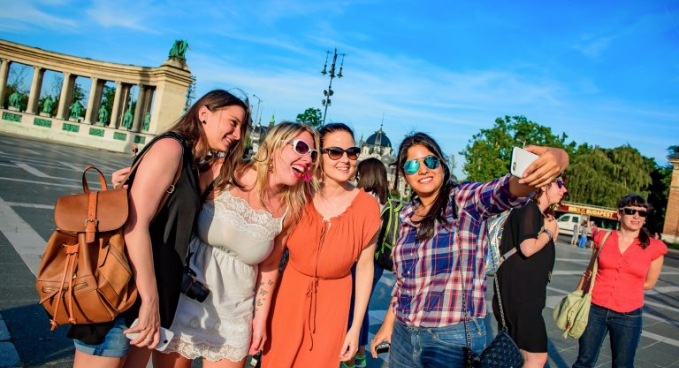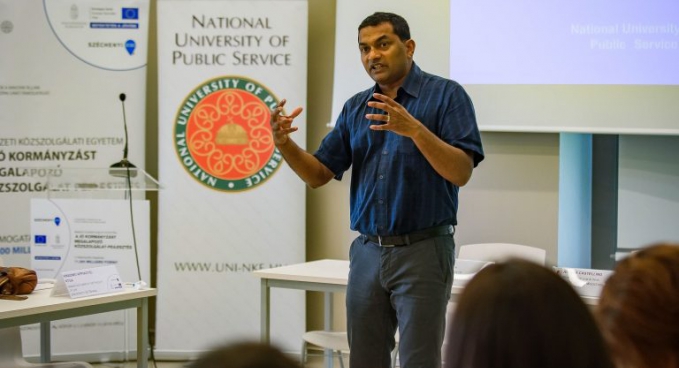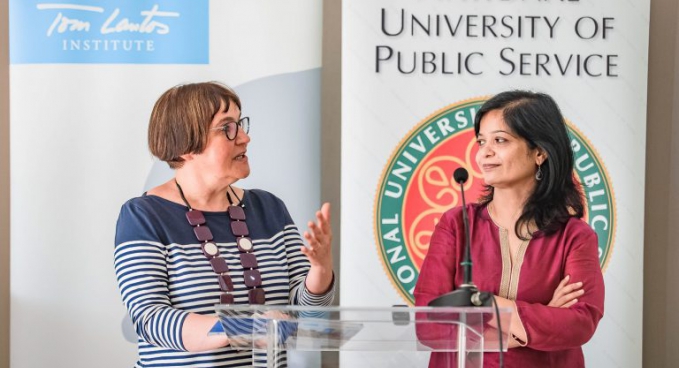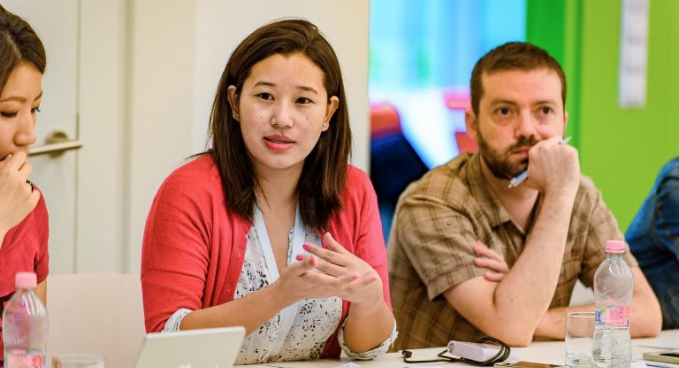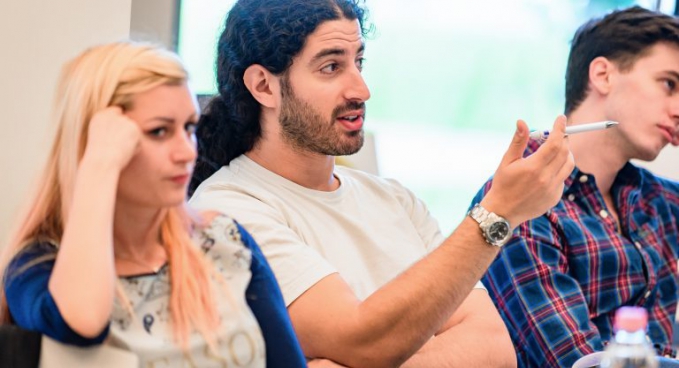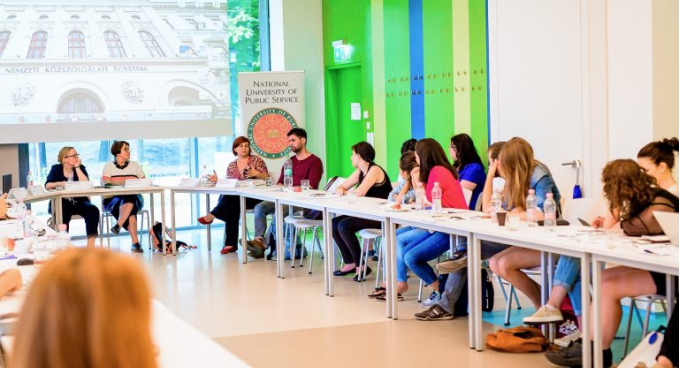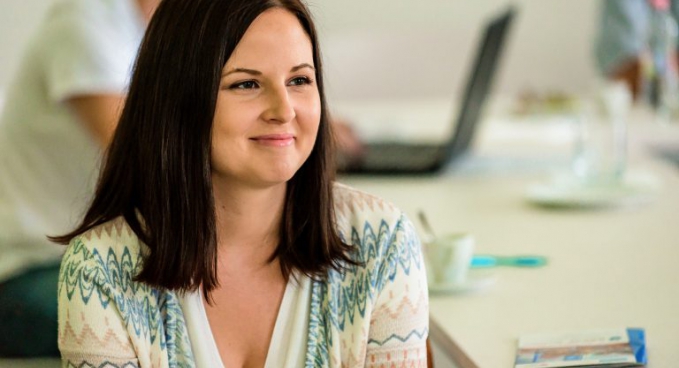Global Minority Rights Summer School 2016 - Event summary
Ez a bejegyzés jelenleg csak angolul érhető el.
Bringing together a diverse group of educators, leaders, NGOs, and human rights advocates, the fourth annual Global Minority Rights Summer School highlighted an array of often-overlooked minority rights issues from around the world, as well as established a platform to shine a light on these issues moving forward.
In the initial session of the school, participants were asked by the United Nations Special Rapporteur on Minority Issues Rita Izsák-Ndiaye, “Do you define yourself as a minority?” A flurry of hands went up into the air, and it quickly became apparent that every one of the participants in the summer school had a minority rights issue he or she was particularly passionate about.
Wooki Kim marked herself as a minority, being a member of the Korean community in Japan. Waged Jafer of Canada talked about her experience not only as a Muslim minority in Canada, but also as a Shia Muslim minority. Other participants defined minority in a broader sense, speaking of women as oftentimes a minority group.
With so many distinct personal experiences from participants, the summer school allowed for open dialogue on sensitive minority rights issues in relation to race, religion, sexuality, and more. Expert lecturers facilitated constructive discussions on the definition of a minority, legal standings of minority groups in various regions of the world, and how human rights law can be applied to minorities in a more practical sense.
One notable lecture was by Professor Joshua Castellino of Middlesex University, in which he analyses the geographic patterns and legal protections of the “bottom billion” people in the world.
Participants at the summer school were also fortunate enough to be the premiering audience of the film “No More Now,” an Indian documentary by the Navsarjan Trust and filmmaker Pratik Parmar highlighting six Dalit girls and women who have been the victims of sexual violence. Hearing personal stories of survival and strength in the face of gendered discrimination from the Trust’s Executive Director Manjula Pradeep inspired and engaged participants in a lesser known minority rights issue.
Lenka Olejníková says from the Czech Republic, “The GMRSS helped me to examine my current research on sexual violence in the current Turkish-Kurdish conflict from a minority rights perspective and I will keep this dimension in mind for all my future research endeavours.”
Moving forward, our goal is to mobilise our participants to raise awareness of minority rights issues and violations in order to ensure that no group is marginalized on the basis of their identity. We thank the lecturers and participants for their engagement, and we look forward to continuing to strengthen these global bonds.
